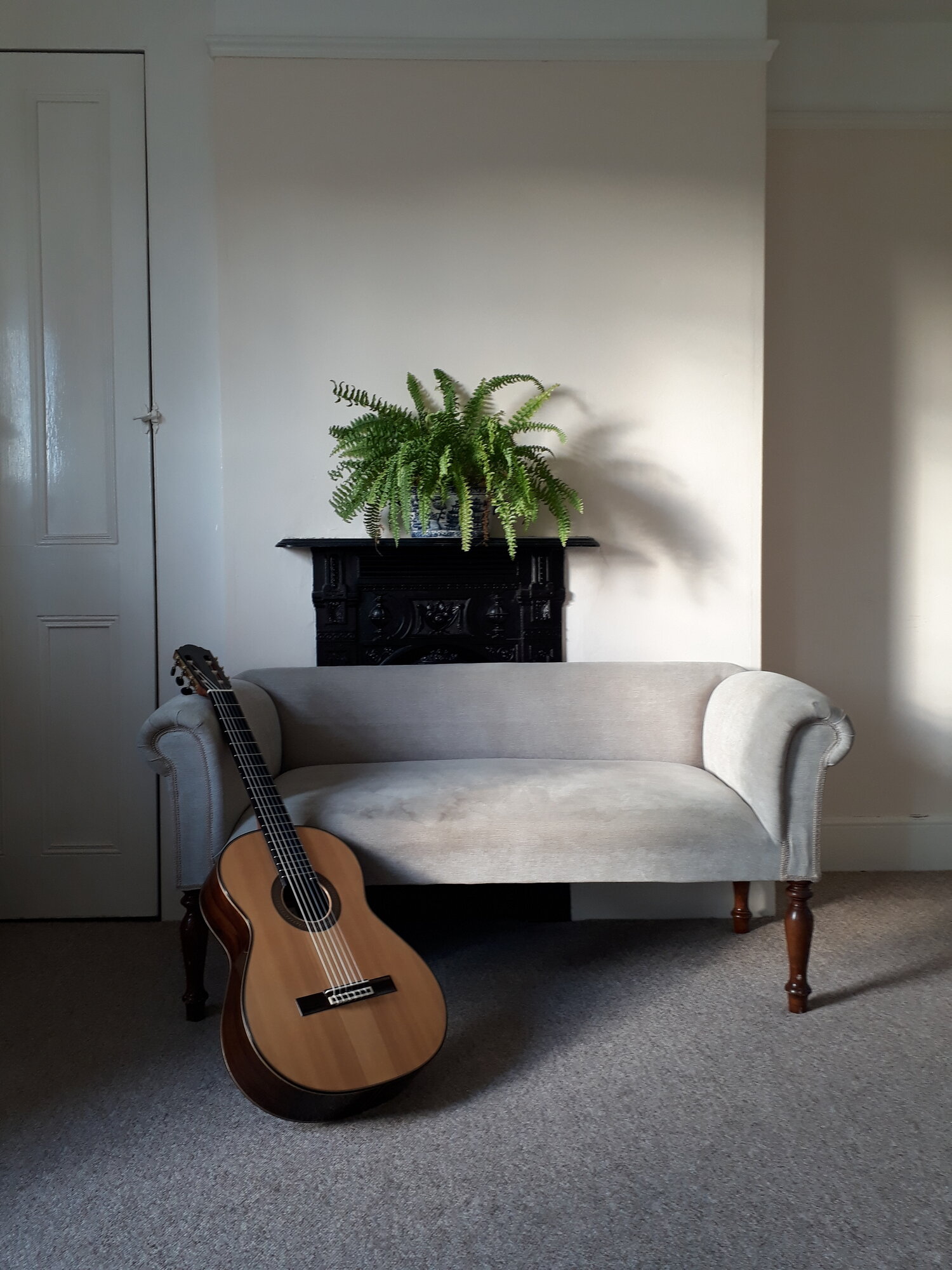Learning music means day by day picking up an instrument and roting our way through this week's practice. At the end of that week, we sit down in front of one or a few kindly faces, in the form of a supportive teacher or club - and immediately freeze.
Why do we get nervous performing for others? It seems like such an odd question - ostensibly we're here to enjoy ourselves.
The straightforward answer is that, we're flooding ourselves with adrenaline - with ready energy - and the common solutions are simple ones: practice playing in front of a camera; imagine an audience while you play; rehearse your act.
While these are well-meaning suggestions, they miss the heart of the issue. I believe that performance anxiety is a very understandable and sensible phenomenon: we are doing something very difficult.
Music relates very intimately to our inner world. It's easy to explain why chocolate or Friends makes us happy, but when we emote to wordless music, we have almost nothing to explain why. It just sounds like so to us. Our feelings are an immediate reaction tied up to our emotional construction.
As such, when we make music, the line between *what we are doing*, and *who we are*, is very patchy indeed.
When we perform to others, we are - we intuit - sharing our emotional reality with them, and asking them to trust us with their own. That’s not done lightly: the stakes are about as high as it’s possible to get. Only the closest relationships attempt the same terrfiying maneouvre. On some level, part of us recognises the responsibility, and accordingly - and quite rightly - gets anxious.
Being anxious about performing isn’t irrational or some erratic phenomenon to be beaten off. I rather think we should learn to acknowledge the stakes - and then, come to acknowledge our own competence in the face of them.
If we have done even a little work, and if we are sincere, then we should legitimately feel ourselves equal to the emotional demands of being in the spotlight. If we can legitimise both our anxiety and our competence - and add a good splash of damitall - we'll arrive at a better headspace towards performing
